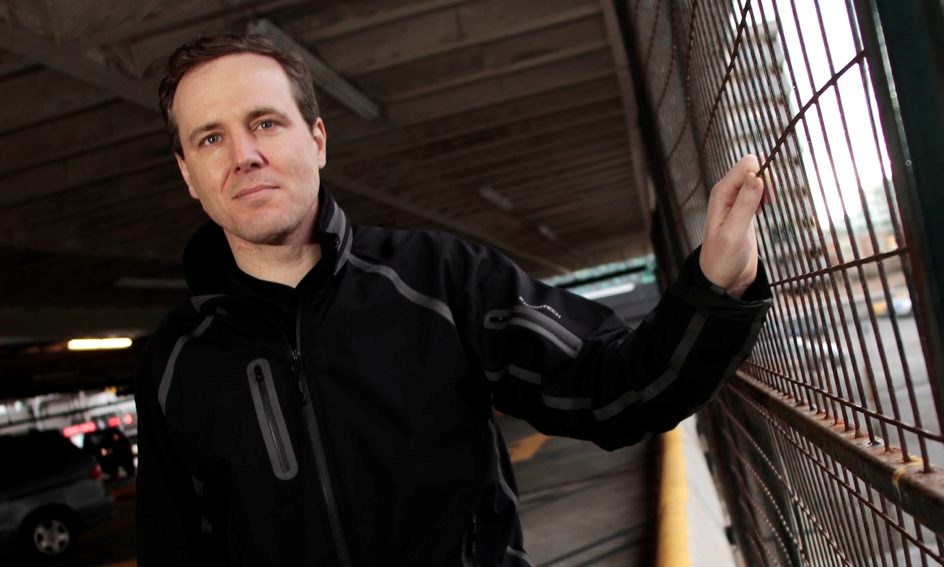A survey has found that a majority of Greater Victoria residents believe more affordable housing is the answer to solving the region’s homelessness problem, and that it is government’s job to provide that housing.
The survey, conducted by T.A. Malatest and Associates Ltd. for the Greater Victoria Coalition to End Homelessness, found the public has a solid understanding of the causes of homelessness and possible solutions — in numbers that should be a powerful political weapon, said Andrew Wynn-Williams, the coalition’s executive director.
“We will be sharing this with politicians of all stripes and public policy-makers,” he said.
“To know there is this level of consensus on the need for more affordable housing gives politicians a whole new mandate and a responsibility to take action on homelessness.”
Supporters are being asked to email images from the group’s website to would-be politicians and find out what candidates running in the May 14 provincial election would do to end homelessness.
“I expect they all have good ideas, but what we want to see is action,” Wynn-Williams said.
Although the provincial election is top of mind, municipal and regional politicians should also look at the survey, he said.
The random phone survey, which included 481 participants from Oak Bay to Sooke, found 85 per cent of people polled agreed that affordable housing would help reduce homelessness, while 84 per cent said government was responsible for ensuring access to housing.
“I was really, really surprised to get numbers that high. It was much higher than expected,” Wynn-Williams said.
Almost two-thirds said it costs more in government services for a person to be homeless than it does to provide them with housing, while 59 per cent believed homelessness in Victoria can be ended.
The aim of the coalition is to end homelessness in Greater Victoria by 2018.
The survey found that almost all participants believed mental-health problems, drug or alcohol abuse or poverty were the main reasons for homelessness. Other reasons cited included disabilities and unemployment.
Victoria Mayor Dean Fortin, co-chairperson of the coalition’s leadership council, said it was clear people recognize that homelessness is not a matter of choice.
“There is an expectation that government will do something about homelessness and that is a ringing endorsement for governments to do something,” Fortin said.
“Solving homelessness will require the co-operation of all levels of government to ensure people receive the necessary supports for health and housing.”
The survey was conducted during the first two weeks of February.



